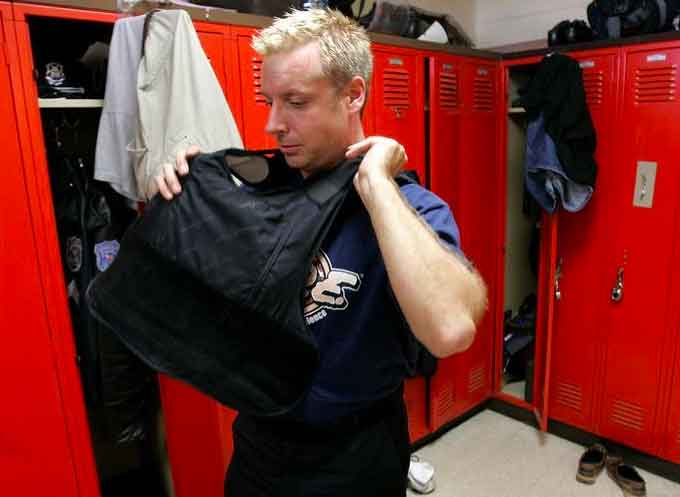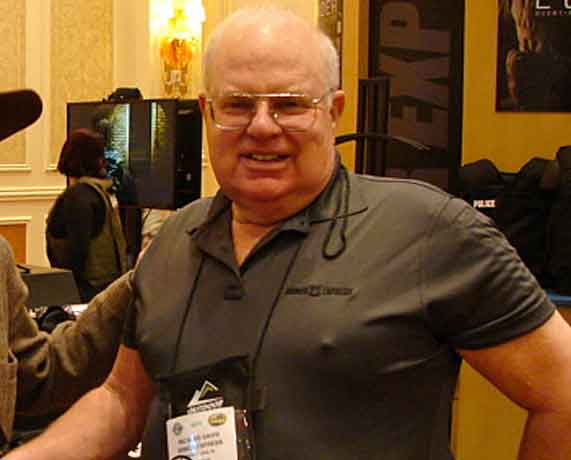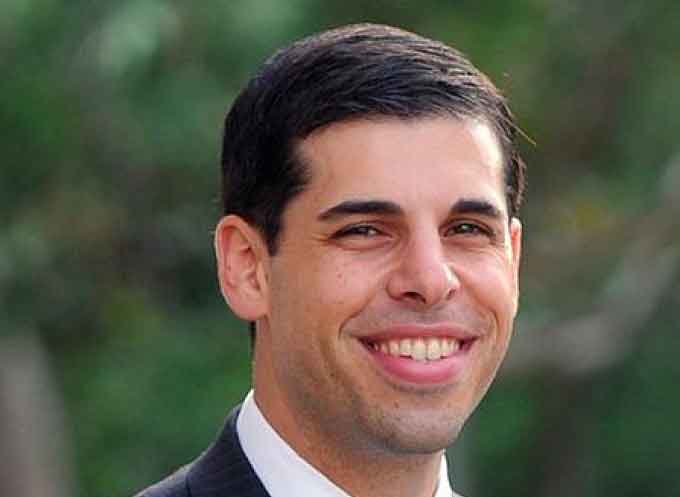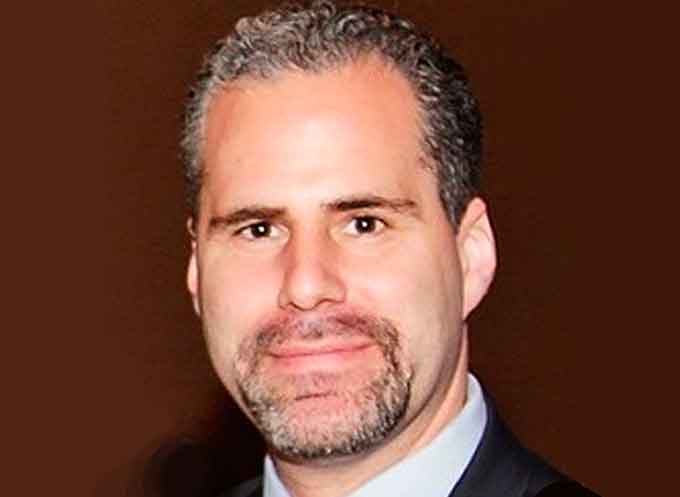
Richard C. Davis, the founder and former president and CEO of Michigan-based Second Chance Body Armor, Inc., agreed to resolve claims under the False Claims Act in connection with his role in the sale of defective Zylon bullet-proof vests purchased by the United States for federal, state, local and tribal law enforcement agencies, the Justice Department has announced.
Mr. Davis will relinquish his interest in $1.2 million in assets previously frozen by the United States and will pay an additional $125,000 to the United States.

This settlement is based on Mr. Davis’ ability to pay.
Second Chance sold body armor to state, local and tribal law enforcement agencies reimbursed by the Department of Justice’s Bulletproof Vest Partnership (BVP) program and to federal agencies under contracts with the General Services Administration.
The United States alleged that Second Chance’s vests were defective due to the loss of their ballistic capability when exposed to heat and humidity.
The United States also alleged that by 2001, Davis was aware that Second Chance’s Zylon body armor was degrading at what he described as a “disappointing” rate.
The United States further alleged that, rather than using a $6 million payment from Toyobo Co. Ltd., the manufacturer of Zylon fiber, to fix the degradation problem, Second Chance pocketed the money and Davis and other Second Chance owners began meeting with various investment bankers in an effort to sell Second Chance.
These efforts to sell the company allegedly stopped after a Forest Hills, Pennsylvania police officer was shot through his Second Chance Zylon vest in June 2003.
Second Chance filed for bankruptcy in 2004 and was liquidated.
Subsequent tests by the National Institute of Justice (NIJ) of Zylon-containing vests found that more than 50 percent of used vests could not stop bullets that they had been certified to stop.
The performance of Second Chance Zylon vests were reported to be among the worst.
The NIJ removed all Zylon-containing vests from its list of compliant products, and Zylon is no longer used in ballistic vests.

“The Department of Justice will pursue those who attempt to fraudulently profit at the expense of the United States, particularly when the stakes are life or death,” said Acting Associate Attorney General Jesse Panuccio.
“Bullet proof vests protect the brave men and women of our nation’s law enforcement community, and those who manufacture and sell these products have a solemn duty to ensure their safety and efficacy.”
“Fraudulently presenting false claims to the government regarding products intended to protect the lives of public servants is illegal and utterly unacceptable,” said Carol F. Ochoa, Inspector General of the U.S. General Services Administration.

The settlement resolves, in part, allegations filed in a lawsuit by Aaron Westrick, Ph.D., a former employee of Second Chance, under the qui tam, or whistleblower, provisions of the False Claims Act, which permit private individuals to sue on behalf of the government for false claims and to share in any recovery.
The Act also allows the government to intervene and take over the action, as it did in this case as to the allegations against Davis. Dr. Westrick will receive $28,750 plus a share of whatever the United States ultimately recovers from the previously frozen funds.

“I again want to emphasize that marketing faulty protective gear to law enforcement officers who put themselves in the line of fire is an unconscionable act and a betrayal of trust” said Jon Adler, Director of the Bureau of Justice Assistance.
“Our unwavering priority is to protect our officers as they keep our communities safe.”
This settlement is part of a larger investigation of the body armor industry’s use of Zylon.
The United States has previously recovered over $132 million from 18 corporations and individuals who participated in the sale of Zylon body armor.
The Civil Division has transferred over $22 million of these recovered funds to the BVP program to replace BVP funds which had been used to purchase Zylon vests.
The funds transferred to the BVP program will be used to fund the purchase of additional ballistic-resistant vests for state, local and tribal law enforcement officers.
The United States is continuing to pursue claims against Honeywell International Inc., which allegedly sold a laminated version of Zylon for use in police armor.
The investigation and litigation of this matter were handled by the following agencies:
- Civil Division’s Commercial Litigation Branch
- The General Services Administration, Office of the Inspector General
- The Department of Commerce, Office of Inspector General
- The Defense Criminal Investigative Service
- The U.S. Army Criminal Investigative Command
- The Department of the Treasury, Office of Inspector General for Tax Administration
- The Air Force Office of Special Investigations
- The Department of Energy, Office of the Inspector General, and
- The Defense Contracting Audit Agency

















